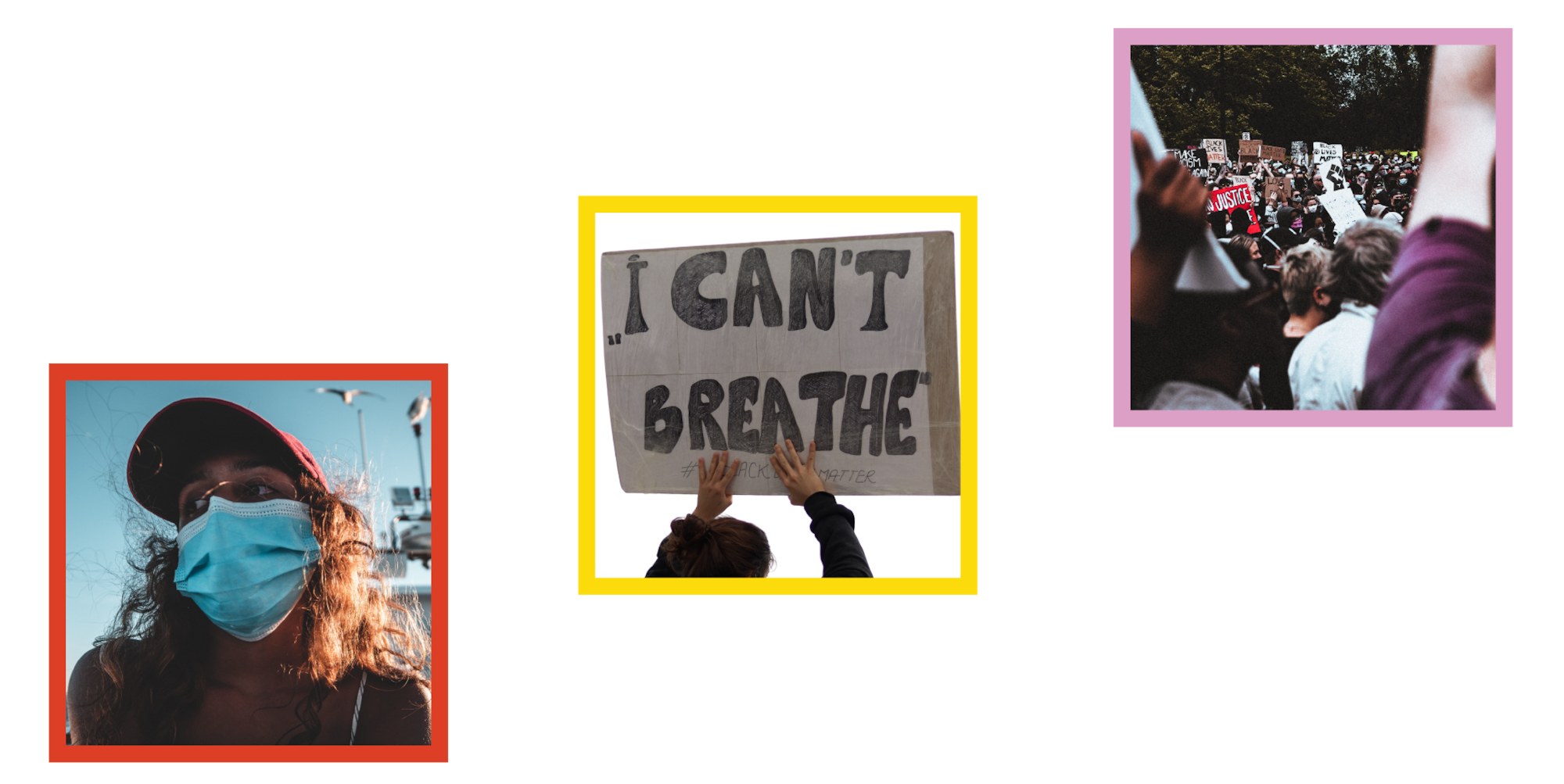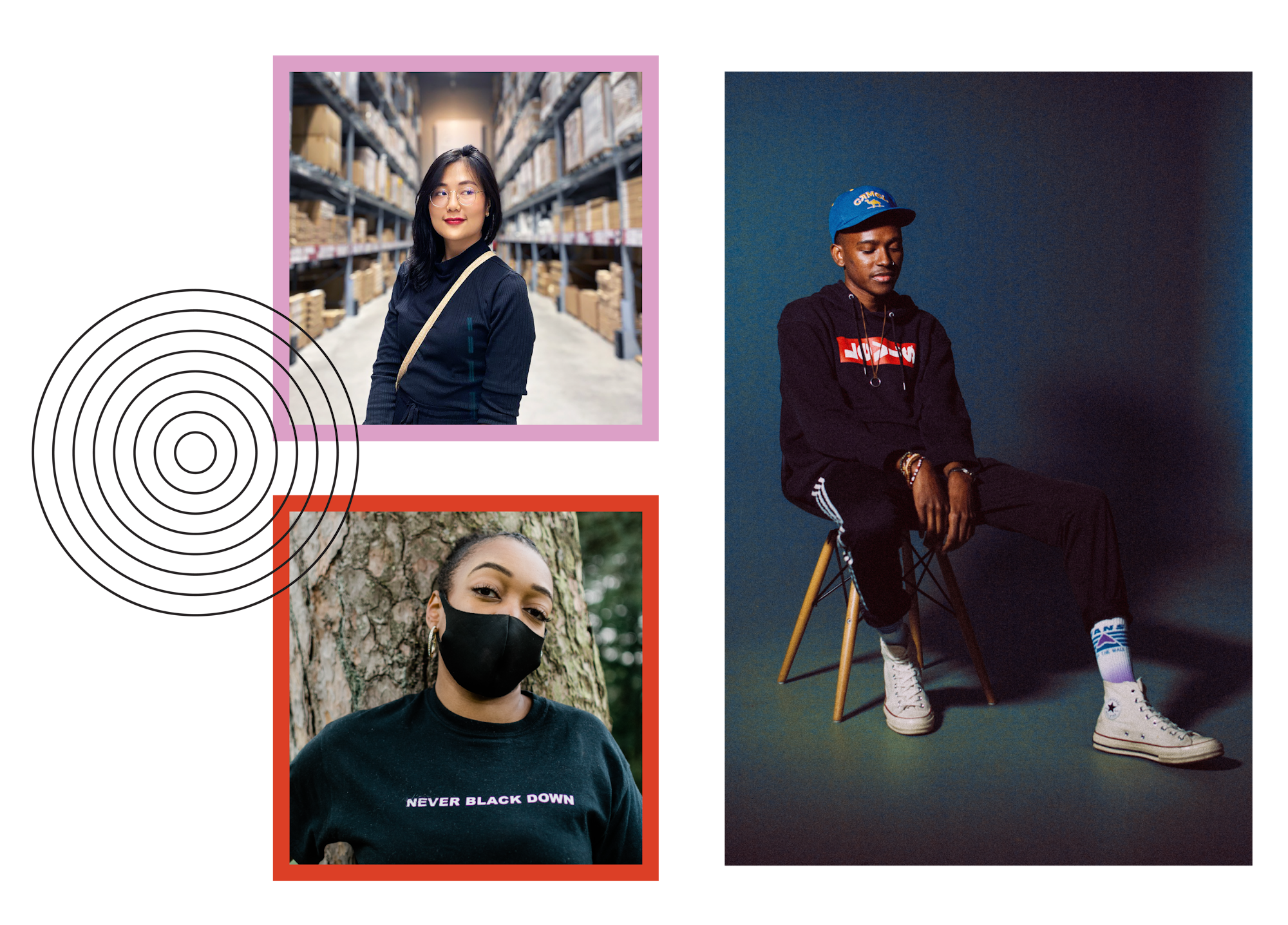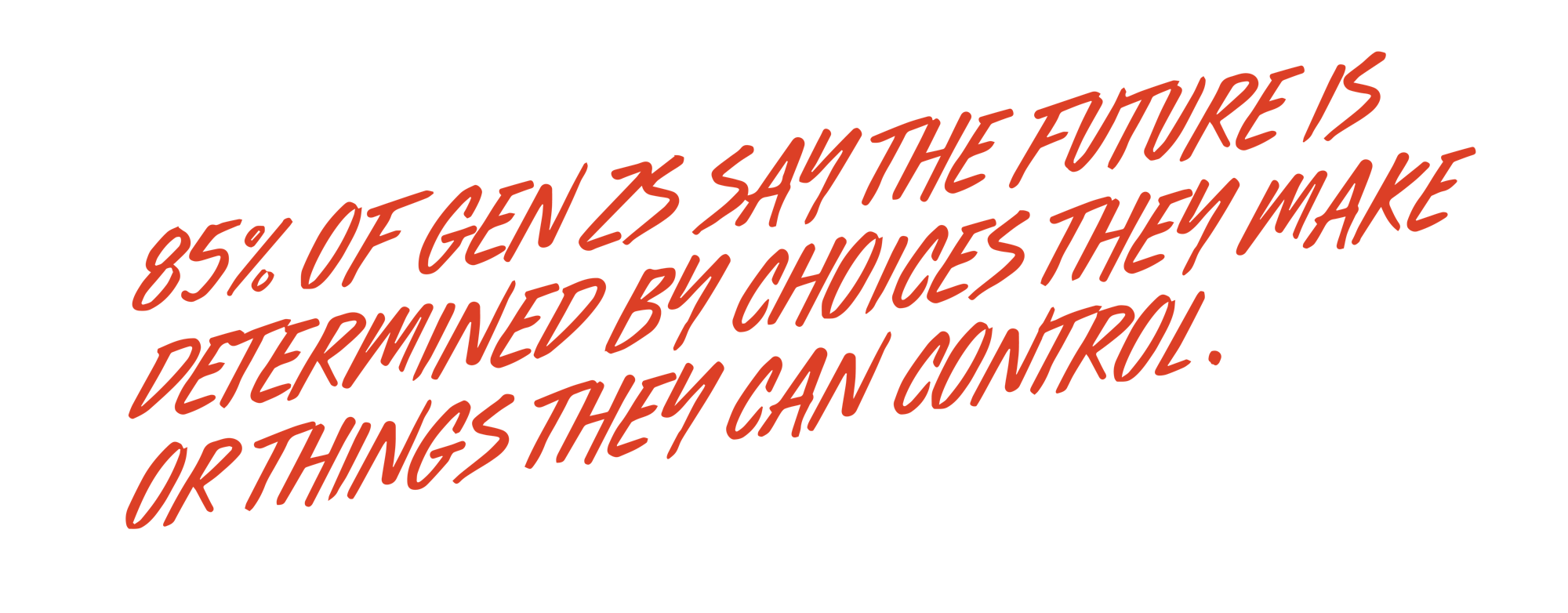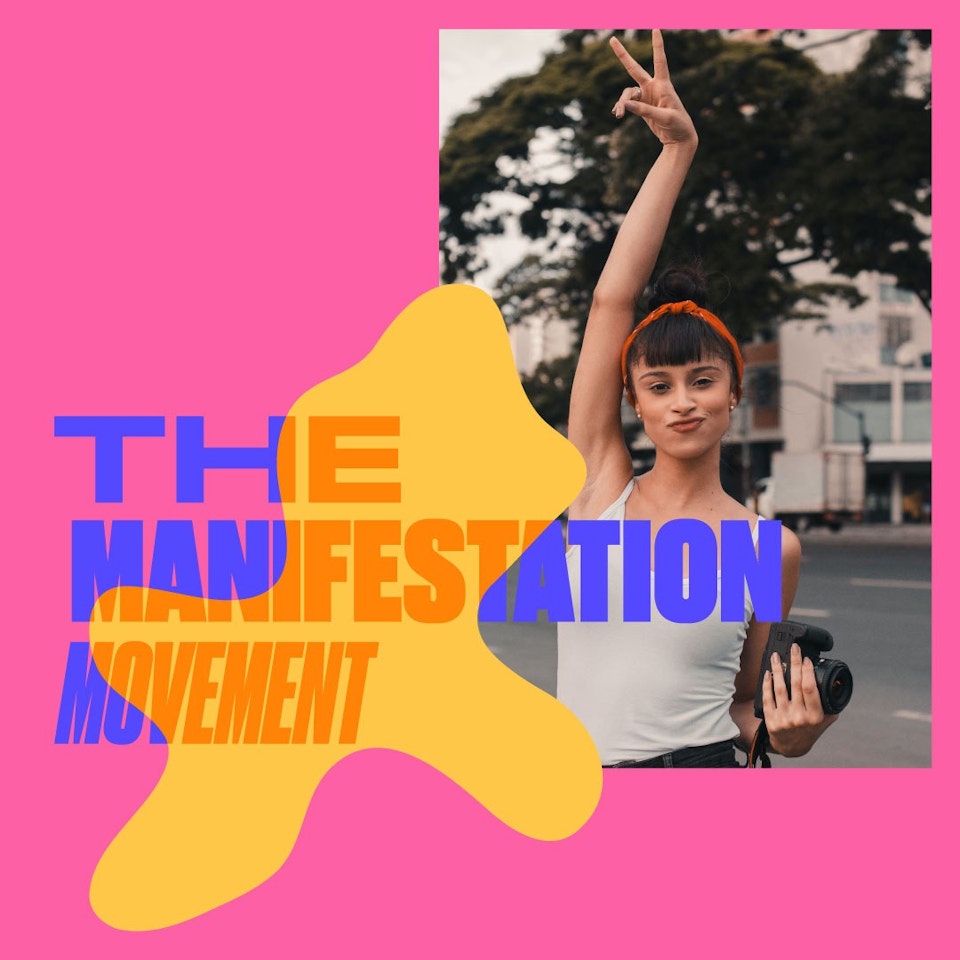
10 Min. Read
We The [Young] People
Gen Zs stepped into their political power on the streets and at the polls in 2020. Going forward, they’re increasingly looking to flex their political influence through brands too.

For many Gen Zs, 2020 was a year of political awakening. The “twindemic” of COVID-19 and racial injustice was a galvanizing force for many teens and twentysomethings, who spent the year alternatively staying home and taking to the streets — both in an effort to save lives.
AN ACTIVATED GENERATION
As Taylor, 20, told us, “With the political climate this year, my generation has been activated. Now we’re looking for a way to channel this newfound energy.”
The 2020 presidential election was a fitting avenue for their political energy: Youth voter turnout was significantly higher in the 2020 election than in 2016, with the final participation tally projected to reach as high as 56%, an increase of as much as 8% compared to the 2016, according to CIRCLE/Tufts. Many Gen Zs have told us they even feel personally responsible for the Biden-Harris win, since the youth vote leaned heavily blue. “My generation got out there and spoke our truth,” said Olivia, 24, adding, “This election has lit a fire in me!” “I saw people my age use their voice more than ever,” agreed Michael, 23. Gen Zs’ perception of themselves as a defining political force has made them even more committed to embracing a more political path going forward. A full 69% of Gen Zs said they’re more interested in politics as a result of the election, according to a study by DoSomething Strategic.

SHAPING THE FUTURE
While 2020 has been a tough year for everyone, Gen Zs still feel fully in possession of their own destinies and believe that their generation will pave the way for a brighter future for America. One of the key qualitative findings from the Archrival Power to the Polls study, which was fielded leading up to and on November 3rd, 2020, was that Gen Zs believe that their generation will shape the country’s future. In fact, more than four in five 18- to 29-year-olds believe in the power of youth to create social change, according to a recent survey by CIRCLE/Tisch College. And a third of Gen Zs agreed that they personally have the power to impact the world, according to Morning Consult.
Zs’ confidence in their own political power is bolstered in part by their social media savvy and unique ability to mobilize communities. “TikTok was a huge reason for why turnout was so big,” said Temitope, 23. “The election was talked about for months and big creators implored young people to register to vote. With social media, my generation is able to connect with people more and have dialogue with people from different areas of the country.” “Social media played a large role in mobilizing the youth vote this election,” agreed Lauren, 18.
Gen Zs’ political confidence will likely increase even more as they see their impact grow. Over the next decade, Gen Zs will radically alter the makeup of the electorate to be younger, more diverse, better educated and more liberal. By 2028, Gen Z and Millennial voters combined are expected to comprise at least 40% of voters in key states — including Georgia, Texas and Pennsylvania — and could account for nearly half of all Democratic votes, according to research by nonpartisan group States of Change.

In the meantime, Gen Zs aren’t planning to wait another four years to exercise their political power; they’re eager to make their impact felt now. And they’re turning to brands and businesses to help them leverage their political power in meaningful ways. Going into 2021, many Zs told us they’re eager to see brands shift their focus from the presidential race to issues that matter, such as diversity, inclusivity and climate change. Black Lives Matter, in particular, is an issue that young adults are eager to see build in momentum — and they see brands playing a critical role in that. “Just making sure you have diverse representation through staff could make a difference,” said Olivia, 23. “Be as inclusive as possible,” agreed Hannah, 22. A full 66% of Gen Zs said that how businesses react and express themselves with regard to Black Lives Matter will permanently affect their decision to buy from them in the future, according to Morning Consult.
Gen Zs also want to see brands increase their involvement in local politics. “Tell us about local elections. Emphasize that politics isn’t a trend every four years,” urged Lauren, 18. “Encourage voter registration and keep everyone updated on local elections,” said Marshall, 19. “You have to make an impact in the community around you first before you make a greater impact nationally or globally,” agreed Michael, 25.


POLITICAL WATCHDOGS
Finally, Gen Zs increasingly see themselves in the role of political watchdogs, extending their role from conscious consumers to political advocates that are prepared to call out brands that don’t follow through with their political talking points post-election. While most Gen Zs we spoke with appreciated seeing brands from Nike to Nordstrom to DoorDash embrace “Vote!” messaging during the 2020 election cycle, they’ve also kept receipts so they can hold those brands accountable to continued political engagement. “With the election over, myself and many others will be paying attention to what brands continue to advocate for activism. Continuity of message is what proves their intent,” said Jacob, 22. “Change doesn’t just come with an election, it’s everything that follows that’s critical,” agreed Madyson, 21. “Just because the race is over doesn’t mean all the issues we’ve been fighting for have been resolved or that we shouldn’t care about them anymore. Brands have solid platforms and it’s important they use them for good,” said Tory, 24. A full 67% of Gen Zs even said that the extent to which brands follow through on their political statements, promises and commitments will impact their purchasing decisions going forward, according to a recent Morning Consult poll.
The importance of brands demonstrating political follow-through is of especial importance to younger Gen Zs, who weren’t old enough to vote in 2020 and felt largely left out of the democratic process. Many under-18-year-olds have told us they’d like to see more brands pre-registering teenagers to vote in future elections and even advocating for the voting age to be lowered to 16, to help them gain more of a voice in the political system.
Take, for example, Isabella, 17, who wasn’t eligible to vote in 2020, yet interned on three different congressional campaigns, volunteered with several political organizations and spent election night volunteering at the polls (like thousands of other teens around the country). “As a politically-involved Gen Z myself, I know that there are so many ways to continue making an impact on my community, country and world, whether it’s an election year or not,” Isabella told us. “From phone banking to volunteering to organizing to lobbying and so much more, the opportunities for taking action in what you believe in are endless. Brands should continue promoting how teens can voice their opinions on the issues that they care about.”
WHAT IT MEANS
Embrace a new generation of civic leaders. Armed with social media and an expanse of political resources online, Gen Zs have emerged as the change-makers of the future. Expect them to lead national political discourse within the decade.
Gen Zs expect brands to use their power and influence to move the political needle. Brands should think and act like activists. Consider creating a petition, writing an editorial, sponsoring a bill, participating in protests, and more.
Young consumers — even those too young to vote — are seeking brand platforms to make their political feelings heard. Create forums for young consumers to gather around political issues, both online and in the streets.
Follow through on political messaging. Gen Zs are keeping receipts on which brands share even vaguely political messaging. If you step into the political discussion, be prepared to follow through with details about how you plan to tackle specific issues.

